In the intricate dance of human connection, relationships stand as the cornerstone of our emotional landscape. Whether they manifest as friendships, romantic partnerships, family bonds, or professional alliances, relationships are the canvas upon which we paint the colours of our lives. Yet, within this tapestry, complications and challenges often arise, weaving a narrative of joy, conflict, growth, and transformation. Understanding the dynamics that govern these relationships is paramount to fostering healthy connections and navigating the hardships of human interaction.






